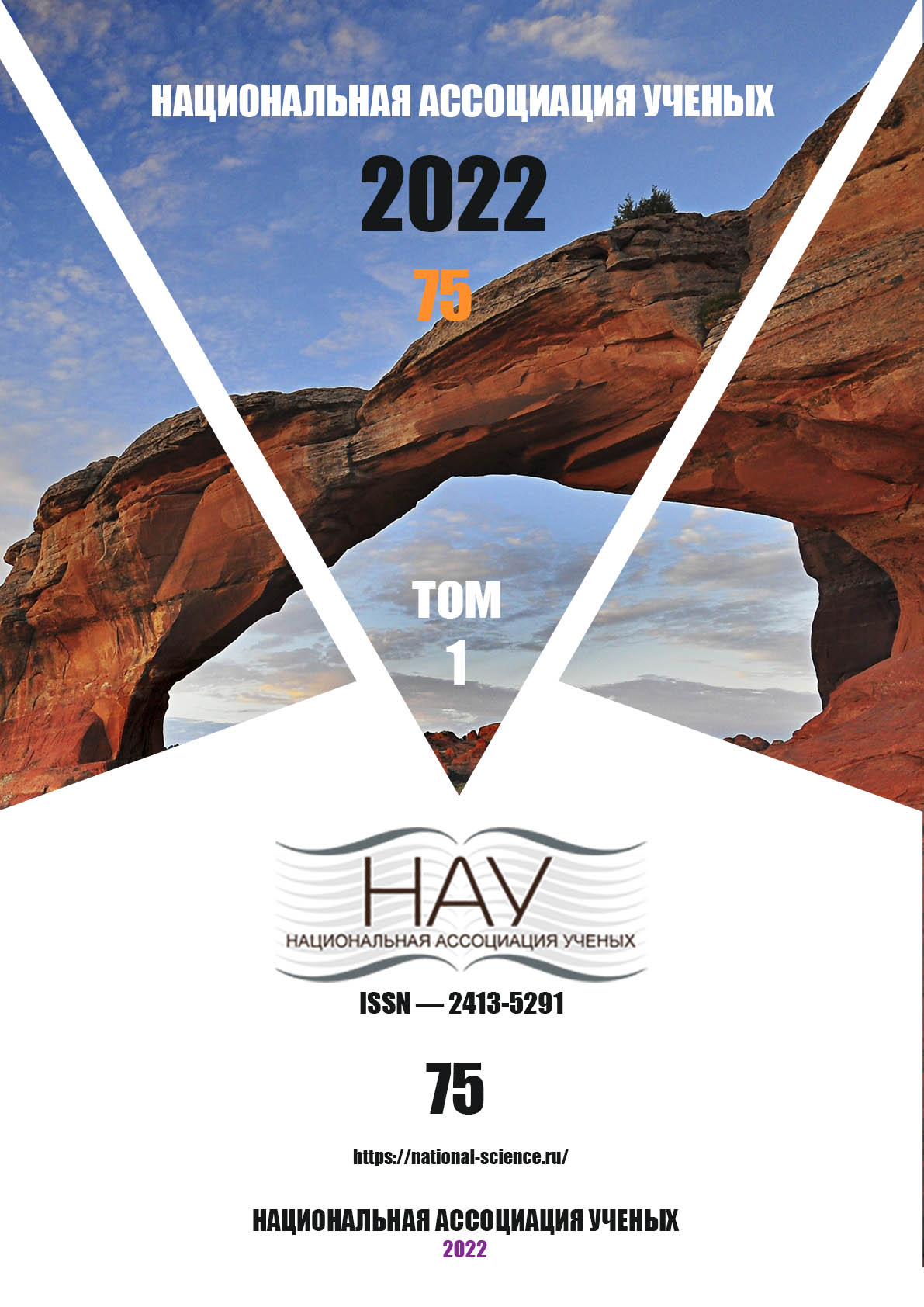ASSESSMENT OF PUBLIC RATIONALITY AND SIMULATION OF NON-EQUALIBLE ILSGP
DOI:
https://doi.org/10.31618/nas.2413-5291.2022.1.75.551Keywords:
Integrated logistics systems (LS) of the mining industry, rationality assessment procedure, modeling of non-equilibrium LS.Abstract
The article presents a procedure for assessing the levels of social rationality of a real or developed (current, implemented, planned for implementation) integrated logistics system of the mining industry (ILSGP). Some characteristics of the models of location and development of production in non-equilibrium in non-equilibrium drugs (ILSGP) are indicated.
References
Leont'ev R.G., Arhipova Ju.A. Logistika gornogo dela (integrirovannye sistemy): monografija / R.G. Leont'ev, Ju.A. Arhipova. – Vladivostok: Izdatel'stvo Dal'nevost. federal. un-ta, 2021. – 200 s.
Leont'ev R.G., Arhipova Ju.A. Chast' 1. Ocenka obshhestvennoj racional'nosti gosudarstvenno-pravovyh ILSGP // Colloquiumjournal (Warsaw, Poland). – 2021. - № 35 (122) part 2. – V. 14-19.
Leont'ev R.G., Arhipova Ju.A. Chast' 2. Ocenka obshhestvennoj racional'nosti gosudarstvenno-pravovyh ILSGP // Colloquiumjournal (Warsaw, Poland). – 2021. - № 35 (122) part 2. – V. 19-26.
Leont'ev R.G., Arhipova Ju.A. Chast' 1. Ocenka racional'nosti ILSGP po vidam transportno-gruzovoj obespechennosti // Colloquium-journal (Warsaw, Poland). – 2021. - № 35 (122) part 2. – V. 26-33.
Leont'ev R.G., Arhipova Ju.A. Chast' 2. Ocenka racional'nosti ILSGP po vidam transportno-gruzovoj obespechennosti // Colloquium-journal (Warsaw, Poland). – 2021. - № 35 (122) part 2. – V. 33-39.
Leont'ev R.G. Zadachi razmeshhenija proizvodstva v neravnovesnyh logisticheskih sistemah // Modelirovanie neravnovesnyh sistem - 2001: Materialy IV Vserossijskogo seminara. - Krasnojarsk: IPC KGTU, 2001. - S. 85-86.
Leont'ev R.G. Formirovanie edinoj regional'noj transportnoj sistemy (programmnocelevoj podhod). - M.: Nauka, 1987. - 152 s.
Downloads
Published
Issue
Section
License

This work is licensed under a Creative Commons Attribution-NoDerivatives 4.0 International License.
CC BY-ND
A work licensed in this way allows the following:
1. The freedom to use and perform the work: The licensee must be allowed to make any use, private or public, of the work.
2. The freedom to study the work and apply the information: The licensee must be allowed to examine the work and to use the knowledge gained from the work in any way. The license may not, for example, restrict "reverse engineering."
2. The freedom to redistribute copies: Copies may be sold, swapped or given away for free, in the same form as the original.





